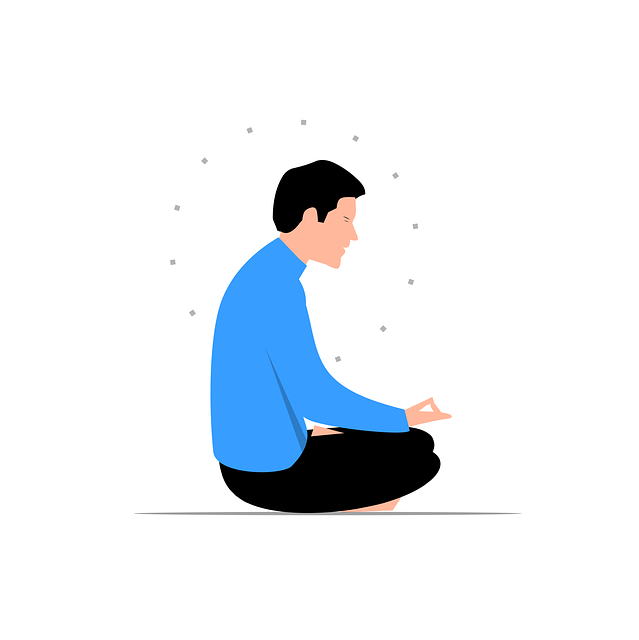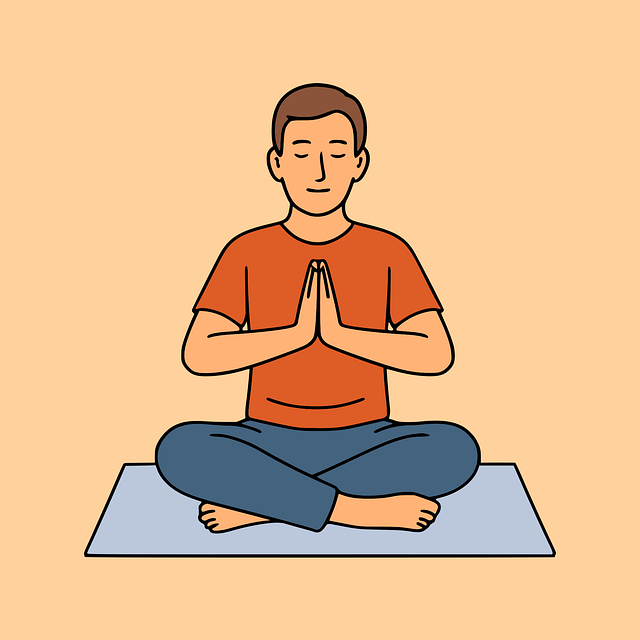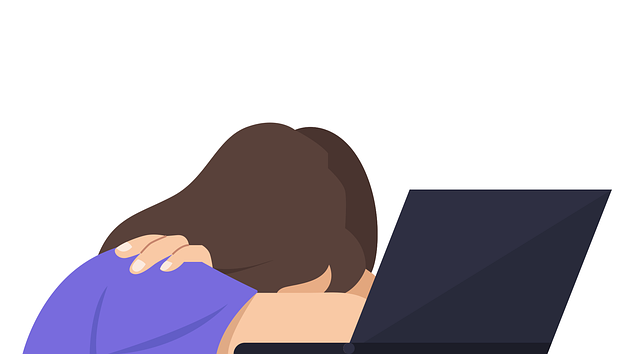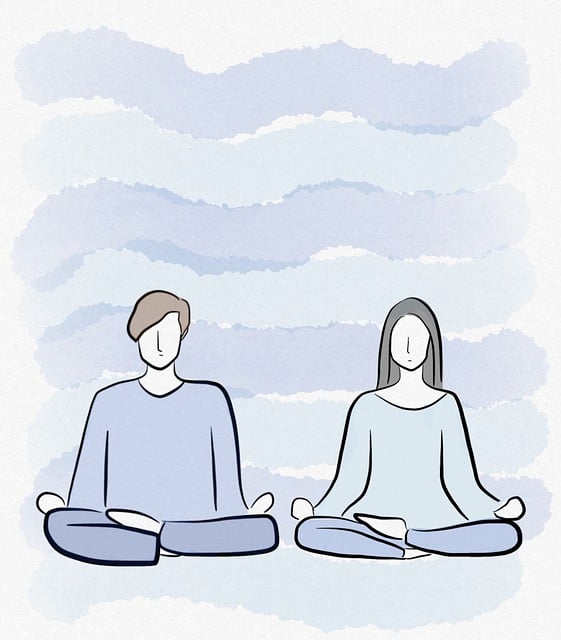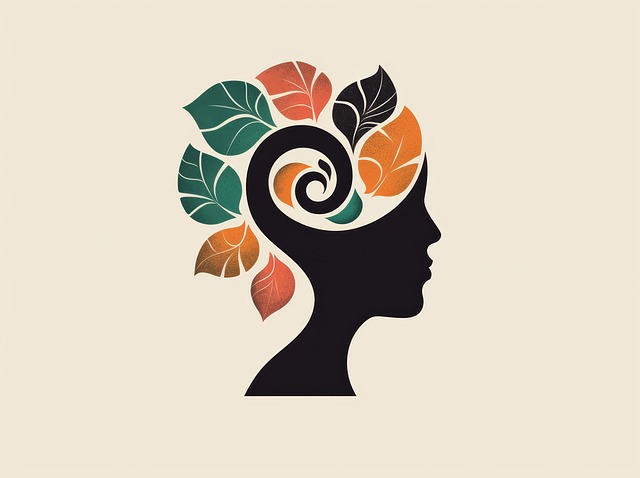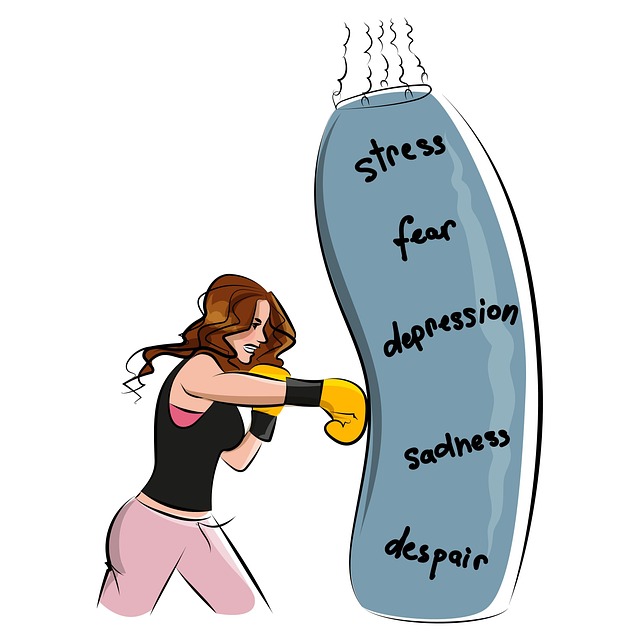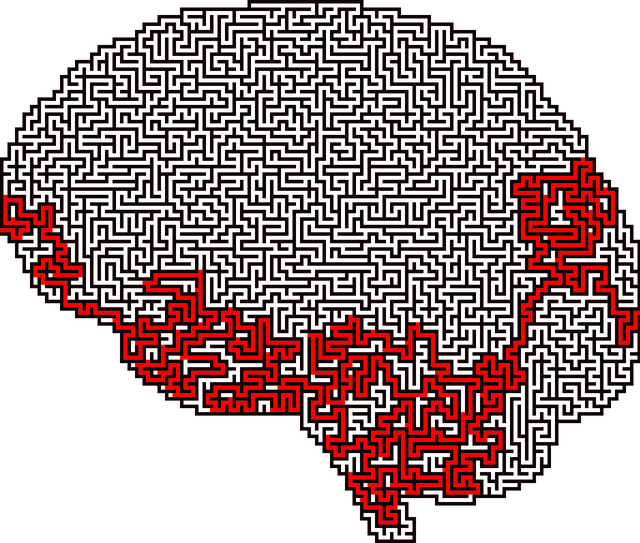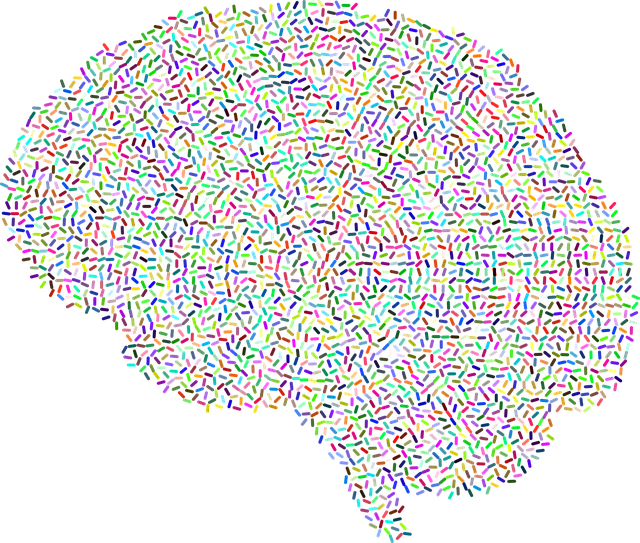Lafayette Trauma Therapy (LTT) offers an evidence-based RFM model to enhance mental wellness by building resilience through emotional tracking, mindfulness, and introspective exercises. This holistic approach helps individuals overcome trauma, manage anxiety, depression, and develop long-term coping mechanisms tailored to diverse cultural backgrounds. By integrating RFM practices into daily life, guided by LTT professionals, people gain the mental strength and flexibility needed to navigate challenges and improve overall well-being.
Resilience is a powerful tool for navigating life’s challenges. This article explores the RFM (Resilience, Flexibility, and Mastery) framework and its role in building mental fortitude. We delve into Lafayette Trauma Therapy as a proven method to enhance resilience, offering strategies to identify and manage risk factors. Learn practical exercises to cultivate psychological resilience and discover how to integrate RFM into daily life for long-term wellness. Embrace these concepts to transform vulnerabilities into strengths.
- Understanding RFM: A Framework for Resilience
- The Role of Lafayette Trauma Therapy in Building Resilience
- Identifying and Addressing Risk Factors
- Practical Exercises to Enhance Psychological Resilience
- Integrating RFM into Daily Life: Strategies for Long-Term Wellbeing
Understanding RFM: A Framework for Resilience

Resilience is a crucial aspect of mental wellness, enabling individuals to navigate life’s challenges and bounce back from adversity. At Lafayette Trauma Therapy, we understand that building resilience is akin to crafting a robust framework—the RFM model. This innovative approach intertwines three key elements: Reliability, Flexibility, and Mastery.
Reliability refers to the consistent availability of support systems and coping strategies during tough times. Mental Wellness Journaling Exercise Guidance can help individuals track their emotions and experiences, fostering self-awareness and a reliable resource for personal reflection. Mindfulness Meditation exercises offer a means to stay grounded in the present moment, enhancing one’s ability to manage stress. Meanwhile, Self-Awareness Exercises encourage introspection, allowing individuals to identify triggers and develop personalized strategies for resilience.
The Role of Lafayette Trauma Therapy in Building Resilience

Lafayette Trauma Therapy (LTT) is a powerful approach that plays a pivotal role in fostering resilience among individuals who have experienced trauma. This therapeutic method recognizes that trauma has profound and lasting effects on mental health, often leading to complex emotional responses and behavioral challenges. By employing evidence-based practices, LTT helps clients navigate their traumatic experiences in safe and controlled environments, promoting healing and personal growth.
The process involves a range of techniques, including conflict resolution strategies, which are crucial for addressing the underlying issues stemming from trauma. Mental Health Policy Analysis and Advocacy is another key aspect, ensuring that individuals have access to comprehensive support systems. Moreover, LTT emphasizes cultural sensitivity in mental healthcare practice, recognizing that traumatic experiences are influenced by cultural backgrounds and contexts, thereby providing tailored care that respects diversity. Through these holistic methods, Lafayette Trauma Therapy empowers individuals to build resilience, reclaim their lives, and develop effective coping mechanisms for the long term.
Identifying and Addressing Risk Factors

Identifying risk factors is a crucial step in building resilience, and Lafayette Trauma Therapy offers specialized exercises to address these challenges. Through meticulous assessment, therapists help individuals recognize potential triggers and stressors that may contribute to anxiety, depression, or other mental health concerns. This process involves delving into personal history, relationships, and environmental influences, ensuring a comprehensive understanding of one’s unique risks.
By addressing these factors, healthcare providers can facilitate significant positive changes. Cultural competency training plays a vital role here, enabling therapists to tailor their approach to diverse client backgrounds. Whether it’s improving self-esteem or preventing depression, these exercises empower individuals to navigate life’s challenges more effectively, fostering resilience and overall well-being.
Practical Exercises to Enhance Psychological Resilience

Building psychological resilience is a crucial aspect of well-being, and Lafayette Trauma Therapy offers practical exercises to help individuals navigate life’s challenges with greater ease. One effective method involves incorporating structured activities that encourage self-reflection and emotional regulation. For instance, mindfulness meditation practices have been shown to enhance coping skills development by fostering an individual’s ability to stay present and manage stress effectively.
Additionally, Lafayette Trauma Therapy promotes resilience through exercises focused on cultivating a sense of self-worth and confidence boosting. By integrating cultural sensitivity in mental healthcare practice, these sessions cater to diverse needs, ensuring individuals from various backgrounds can develop tailored coping strategies. Such exercises empower people to build inner strength, adapt to changes, and maintain a positive outlook even in the face of adversity.
Integrating RFM into Daily Life: Strategies for Long-Term Wellbeing

Integrating RFM (Resilience, Flexibility, and Mindfulness) into daily life is a powerful strategy for cultivating long-term wellbeing, especially when guided by professionals like those at Lafayette Trauma Therapy. This approach goes beyond fleeting stress management techniques, focusing on building inherent mental resilience that can withstand life’s challenges. By incorporating mindfulness practices, individuals learn to navigate stressors with greater flexibility and adaptivity, enhancing their ability to cope with both small and significant difficulties.
The key lies in making RFM a sustainable part of one’s routine, much like developing a consistent self-care practice through Mental Health Education Programs Design or participating in Stress Management Workshops Organization. This might involve setting aside dedicated time for mindfulness exercises, such as meditation or deep breathing, incorporating physical activity into the daily schedule, and cultivating a supportive social network. Through these practices, individuals can build mental muscles that support flexibility and resilience, ultimately contributing to improved mental health and overall life satisfaction.
Resilience is a vital component of overall wellbeing, and integrating Lafayette Trauma Therapy’s RFM framework into daily life can significantly enhance our ability to navigate challenges. By understanding risk factors, identifying personal resilience triggers, and employing practical exercises, individuals can build psychological fortitude. These strategies empower folks to embrace life’s ups and downs with greater equilibrium. Remember that resilience is not about avoiding difficulty but learning to bounce back stronger.
